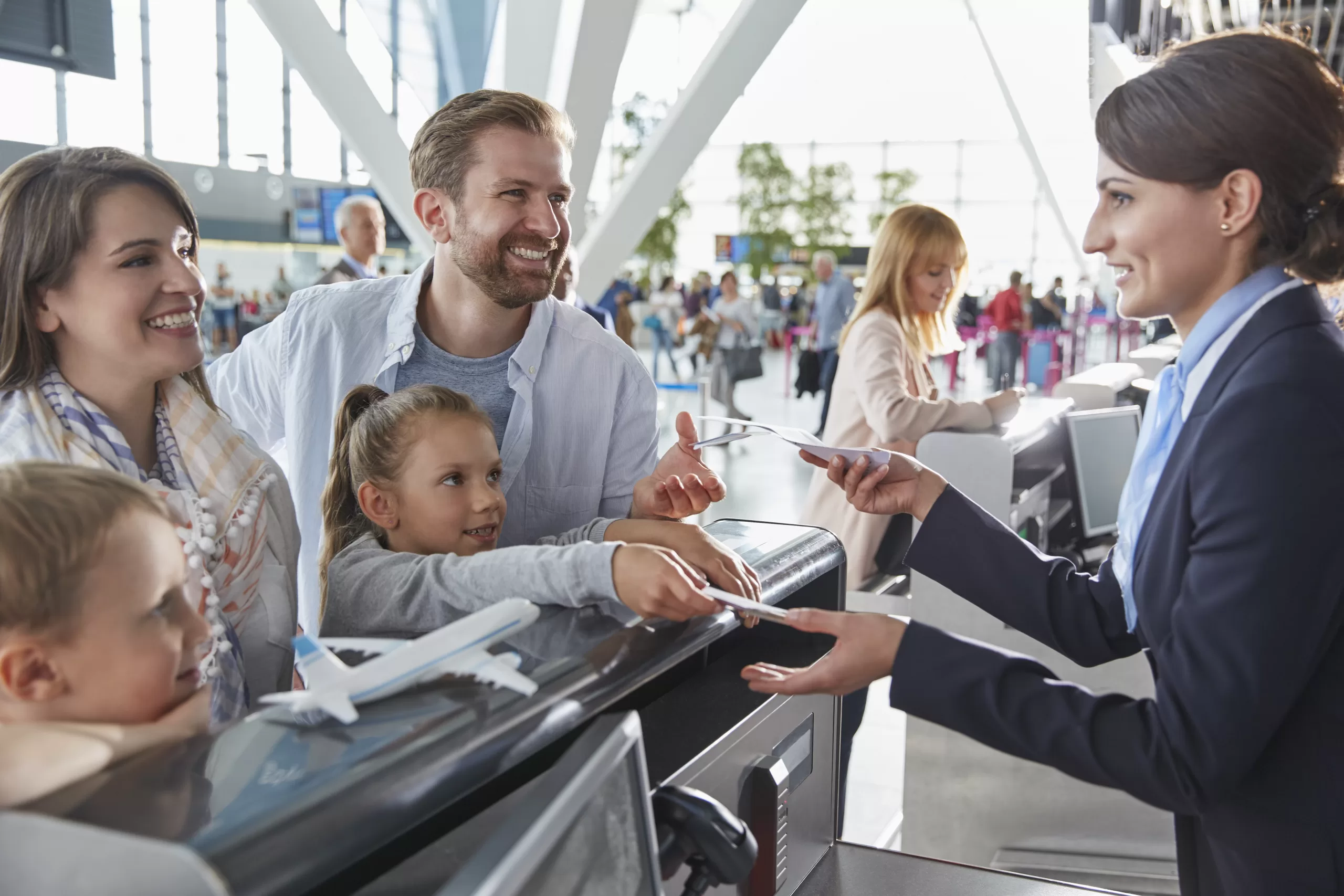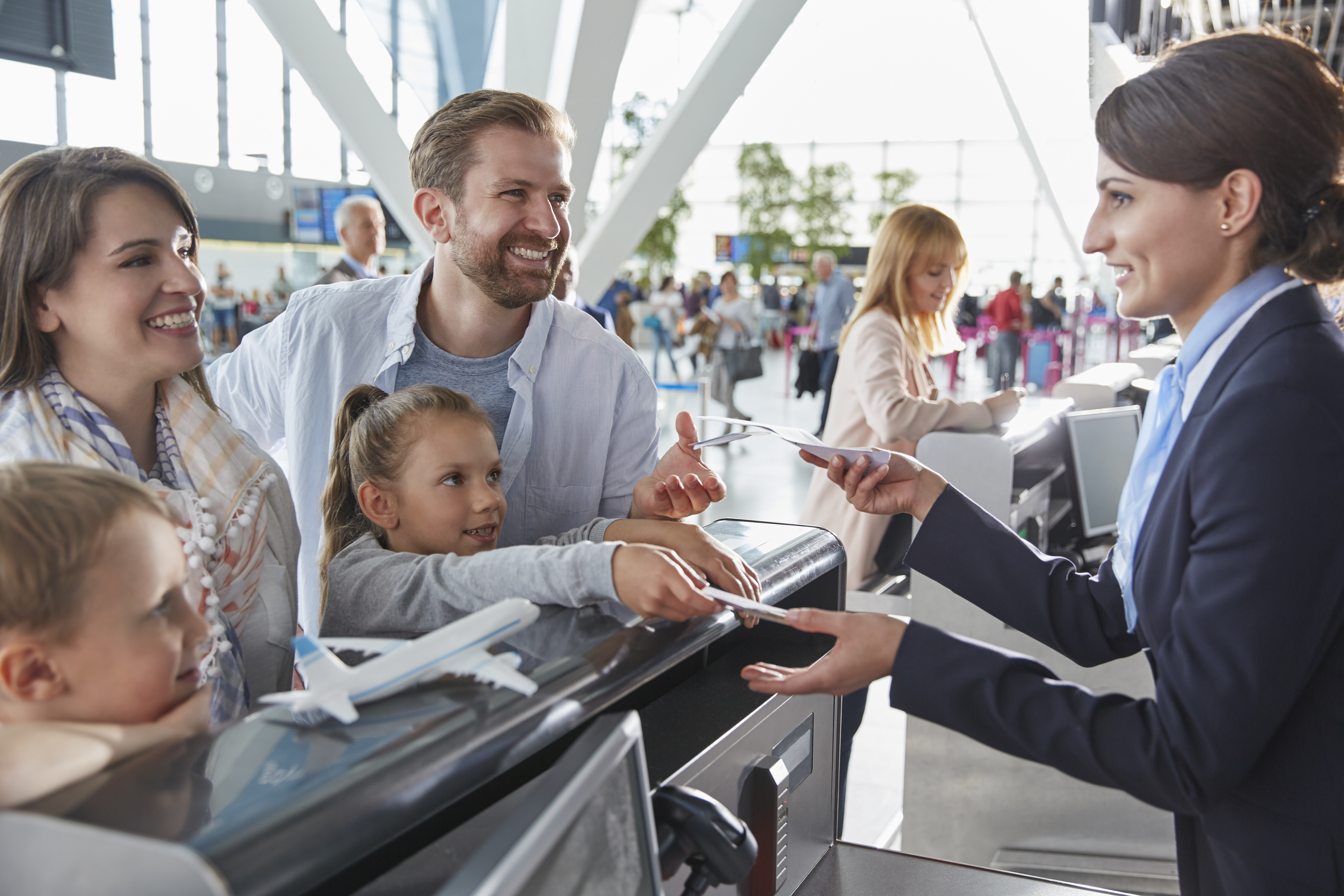TRAVEL experts have revealed the five hidden risks to avoid on a trip abroad this summer.
Holidaymakers have been urged to follow these rules to have a safe trip and enjoy a beautiful vacation with family and friends.
While travelling to new places is always an exciting adventure, it sure comes with its own set of risks – and it is always advised to take extra precautions to have a safe trip.
Leading travel expert Ski Vertigo has revealed five hidden travel dangers you need to be aware of before your next trip.
By being aware of these dangers and taking appropriate precautions, you can significantly reduce the risks and enjoy a safer and more pleasant trip.
SCAMS
One of the first things to be careful of when travelling -especially abroad – is scams.
Travellers are prime targets for various scams due to their unfamiliarity with the local environment and customs.
These scams can range from subtle tricks to more aggressive tactics.
From pickpocketing to fake tour guides, thugs are always scouring for tourists to scam them and get money.
Experts have urged holidaymakers to research about all the common scams in your destination before travelling.
Keeping your items safe and closer to you can prevent thieves from stealing valuables.
Another piece of advice for tourists is to be cautious when approached by strangers offering unsolicited help or services.
Trust your instincts and avoid overly persistent individuals.
Transportation Safety
The safety standards for transportation can vary significantly between countries.
Poorly maintained vehicles, unsafe driving practices, and unreliable public transportation can pose serious risks.
Tourists have been urged to use reputable transportation services, even if they are more expensive.
Look for reviews and recommendations from other travellers.
It is best to avoid travelling at night – especially in remote areas as it can increase the risk of accidents and encounters with crime.
For motorists who plan to drive in a foreign country, it is advised to be aware of local traffic laws and customs.
Getting an International Driving Permit (IDP) can come in handy, and getting a good insurance policy is a must.
Health Risks
Travelling exposes you to new environments, foods, and potential health risks that you might not be accustomed to.
Preparing for these health risks can help ensure a safe and healthy trip.
It is best to ensure you have all required and recommended vaccinations for your destination.
Some countries might require proof of vaccination for entry, particularly for diseases like yellow fever.
It’s important to consult with a travel clinic well in advance of your trip.
Travellers have been advised to pack a health kit with essentials like medications, hand sanitiser, and a basic first-aid kit.
Include any prescription medications you need, as well as treatments for common ailments like diarrhoea and headaches.
It is always better to eat cooked food while travelling to a new place, while fruits and vegetables should always be washed before consuming.
Natural Disasters
Different regions have different vulnerabilities to natural disasters such as earthquakes, hurricanes, floods, and volcanic eruptions.
Travellers have been urged to check the weather forecast and natural disaster risks for their destination. Monitoring local news and weather updates can be helpful.
Familiarise yourself with earthquake safety procedures, such as “Drop, Cover, and Hold On”.
Knowing the evacuation routes and safe spots in your accommodation is a must.
Have a plan in case of an emergency, including knowing where the nearest shelter is and having emergency contact numbers.
It is always best to purchase travel insurance that covers natural disasters.
Ensure your policy includes evacuation coverage if you need to leave the area quickly.
Cultural Misunderstandings
Cultural norms and practices vary widely around the world.
It is important to remember what might be considered polite or normal behaviour in one culture can be offensive or inappropriate in another.
It is always advised to do your own research and learn about the cultural norms and etiquette of your destination. Guidebooks and travel websites often provide valuable insights.
Observe and follow the behaviour of locals. When in doubt, mimic the actions of those around you.
Asking trusted locals, such as hotel managers and private drivers, can be a good idea as they can guide appropriate behaviour and customs.
Extra tips to have a safe vacation
A SPOKESPERSON from Ski Vertigo advised travellers to take note of these crucial tips:
- For a safer travel experience, always keep a photocopy of important documents, such as your passport, visa, and travel insurance, stored separately from the originals.
- This can be invaluable if the originals are lost or stolen. It’s also wise to share your itinerary with a trusted friend or family member, so someone knows your whereabouts in case of an emergency.
- Having a list of emergency contacts, including local embassy or consulate information, can provide peace of mind and quick assistance if needed.
- Another safety tip is to stay connected and informed by using travel apps that offer real-time updates on local safety conditions, weather, and transportation schedules.
- Apps like Google Maps can help you navigate unfamiliar areas safely.
- Make sure to have a fully charged power bank to keep your devices operational throughout the day.
- When exploring, stick to well-lit, populated areas, especially at night, and trust your instincts.
- If something feels off, it’s better to play it safe and move to a safer location.

